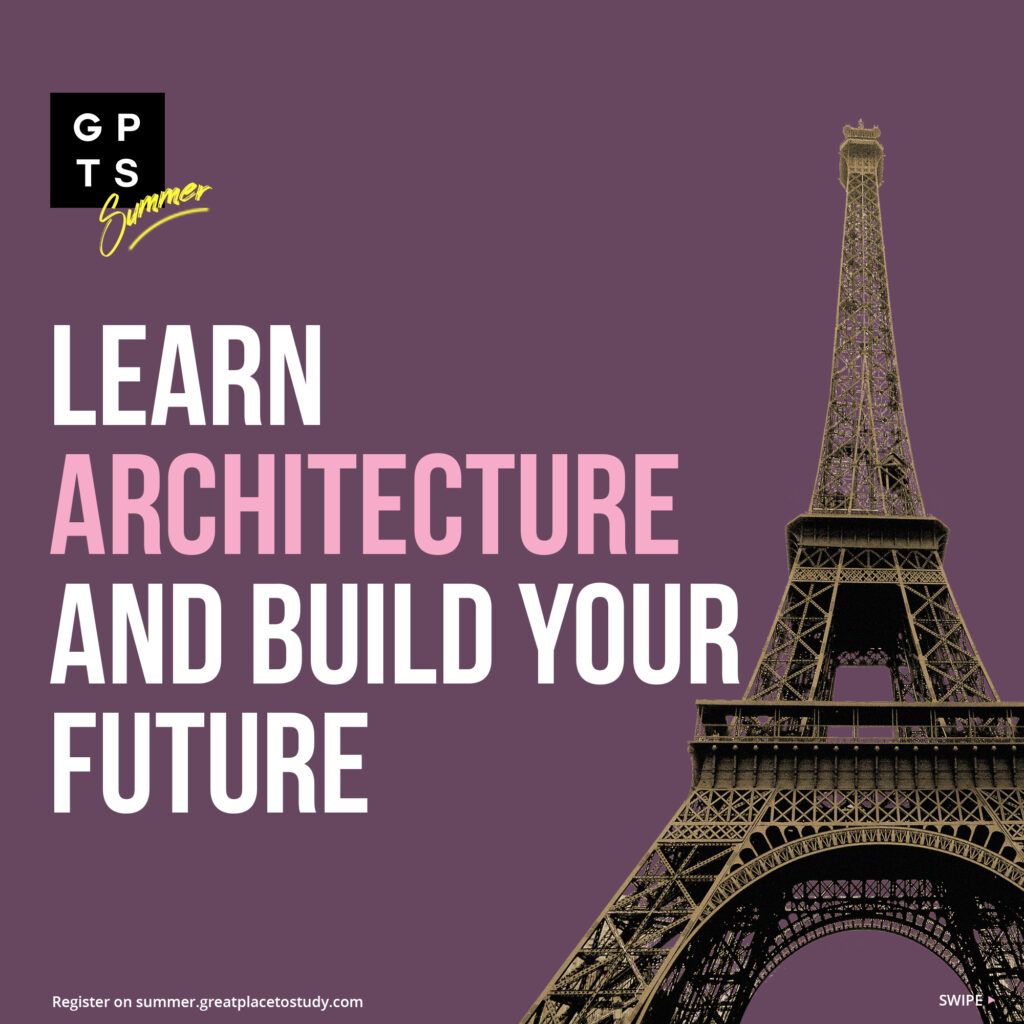Online Activities
In 1933 Paul Valery organized in Madrid a tremendous debate on the future of culture. Marie Curie, among the participants, took an inspiring speech. She stated that in the world of culture, a spirit of adventure will never disappear. If there is something deeply alive within scientists and people of culture, it is this instinct of curiosity.
During this time of lockdown and isolation, the ILAUD team took the chance to start a new adventure and make a step forward by designing a new set of contents for the network. It is the first time in the history of ILAUD that the internet is used beyond the simple communication of initiatives.
A set of online activities, visual or interactive e-learning programs, are being launched:
- A dialogue in between the International community, consisting in an ensemble of visually accessible online multidisciplinary interviews on urban responses to shocks and stresses.
- Interactive online educational programs/courses on relevant contemporary issues, fostering an active collaboration with universities from different countries and cultures, where ILAUD formulates specific training programs for each cultural area, with respect to each local operational and institutional needs.
Ongoing
February 7 2021 /
Nadia Boschi
Developing Climate Fit Urban Places
On many fronts it has become apparent that we must change the work we do and how we do it. Creating vibrant places where economic and social benefits are genuinely shared takes much more than the expertise and insights of one.
Companies will be valued for what they stand for and for what service or product from time to time they will offer to the market.
Common interests and partnerships are vital to the creation of places that meet new needs and address new challenges. Among the new challenges there is climate change. This interview provides an example of how large urban regeneration projects are preparing to deliver climate fit places. Specifically, using the example of the Milan Innovation District (MIND) development, it discusses how the top two climate stressors impacting the city of Milan are addressed in master planning briefing and in infrastructure design. Nadia Boschi is currently the Head of Sustainability Italy and Continental Europe Lendlease.
February 7 2021 /
Federica Rosso
Passive strategies for improving resilience of the built environment to Urban Heat Island, heatwaves and flooding
The interview deals with the potential of passive strategies, applied to the built environment, towards resilience. In greater detail, the considered stresses and shocks are Urban Heat Island, heatwaves and flooding. After introducing such stresses and shocks for cities, which are increasingly posing issues to wellbeing and safety of citizens, some of the most exemplificative and simple strategies to mitigate such issues are briefly presented. The presented strategies are the employment of cool materials and greenery in cities, which are effective architectural engineering solutions, on which the interviewee and the group of research conducted research in the last years
February 6 2021 /
Domenico Patassini
Venice and Its Lagoon Designed for a Lasting Present
Venice is not just a city: it is an inhabited lagoon. The coexistence of a coastal ecosystem, its economic environment, social activities and human settlements generated governance, engineering, architectural and planning tools to fit such a peculiar setting.
This interview is structured into two main cores, each one addressing a relevant issue with respect to human habitat changes:
-Why is regulatory planning strategic within a delicate natural and social ecosystem?
-What are the fields of knowledge, skills, and technical features that should feature planning practices in a coastal inhabited environment?
To conclude, experimental and innovative examples to address key contemporary challenges of the lagoon are presented
February 6 2021 /
Tomaso Ceccarelli
Digital Twins for Food systems Transformation
This contribution is about digitalisation of value chains sourcing cities and urban consumers. All sourcing areas are increasingly subject to stress factors such as climate change. Digitalisation is often indicated as a solution to effectively manage value chains in face of such stresses, like in the case of the recent pandemic. However, as indicated for instance in ‘The digitalization of African agriculture report 2018-2019’ (CTA Dalberg), this cannot only occur as a technological transformation driven by a few “sup platforms” and eCommerce global players. It has to be accompanied by social processes whereby digital solutions are identified which do not leave behind the most disadvantaged actors in the value chains, especially poor farmers and urban consumers: a point of attention for international (e.g. IFAD, the FAO, the WB) and national organisations dealing with digitalisation and development. New promising technologies such as big data, modelling, analytics, etc. now also seen in the form of “digital twins”, should be promoted, co-designed, possibly owned and managed by these actors, in order to support efficient, resilient and equitable food value chains for future cities.
November 10 2020 /
Tomà Berlanda
Of(f) the tracks. Railway Imaginaries and Dislocated Stratigraphies
Cities and resilience are concepts which were present and informed urban life in Zimbabwe well before colonial rule. However, many of the urban centres we identify today were established as a result of the European project to control African land and population. In particular, the construction of railway infrastructure was imagined in parallel with the foundation of company towns, as means to facilitate the extraction of local goods. The morphological scars in the structure of land tenure and urban form left behind by those infrastructural projects are a clear manifestation of a divisive, racist, and unjust process.
October 8 2020 /
Paolo Cascone
Afrotopian Cities at The Edge of Global Pandemic
The time has come for us Europeans to look to Africa as a major cultural opportunity to learn new forms of social resilience for our cities and societies. The A_f_r_o_t_o_p_i_a_n_ _approach that strives for self-sufficiency consists in knowing how-to live-in osmosis with one’s own territory, optimizing resources. This is probably also one of the reasons why many African countries, in spite of the lack of adequate healthcare structures and the authoritarian drift of certain governments, are managing to limit the effects of Covid 19 on people and the society. I therefore believe that to get out of this systemic crisis we will have to look with greater attention at ‘African solutions to solve global problems,’ passing from the paternalistic culture of emergency design to the culture of emergent design that imposes a better balance between nature and t_e_k_n_é.
September 1 2020 /
Carmelo Ignaccolo
Roles and Challenges of Urban Design
This short interview focuses on the scopes of urban design, its responsibilities, and challenges. By chronicling how the urban design discipline came to life and how the conceptualization of the field has evolved throughout the second half of the 20th century, I argue that it is particularly relevant to question the role of urban design in our contemporary society. More specifically, I ask the following questions: what is the agency of design in both societal and climatic shifting conditions? And how can urban designers respond to pressing design emergencies in slums, sprawling megalopolis, and areas where increasing inequalities are manifested throughout the built environment?
While Michael Sorkin provocatively called for the end of urban design in 2006, I believe that urban design can still play a major role in shaping the physical forms of cities and, more importantly, in improving the societal and ecological processes of our urban spaces. Urban design needs to work across scales, time, and actors to inscribe the ethics and expressions of cultural diversity into the structure of a more equitable city.


